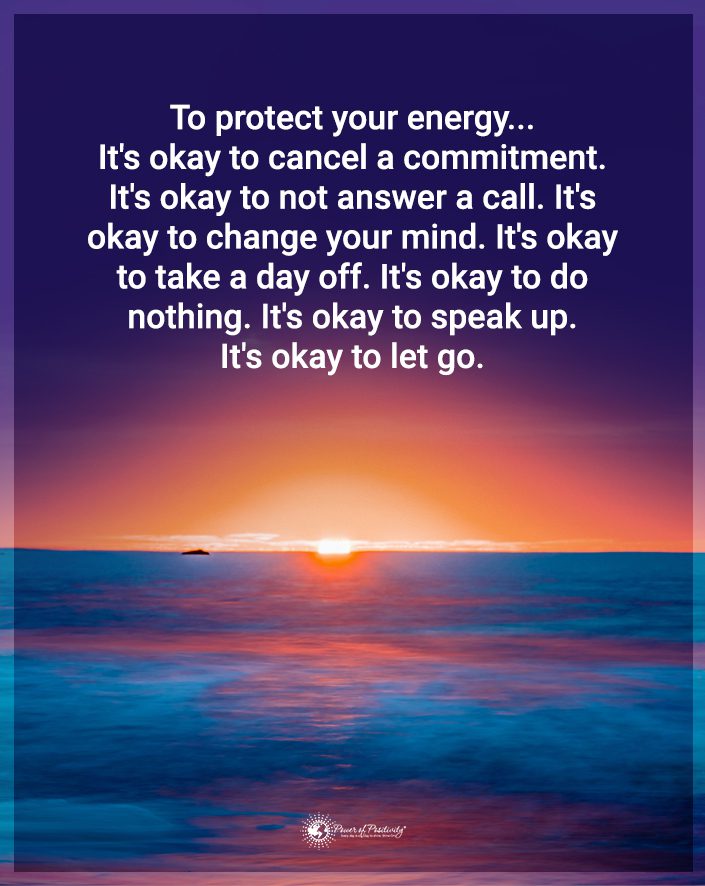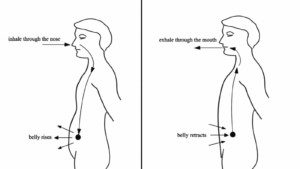Having been diagnosed with a very severe form of Obsessive-Compulsive Disorder (OCD) at the age of 12, I had grown up thinking that anxiety was only present in my life to hurt me. But once fully recovering from OCD, anxiety, and clinical depression I started to study the mind, brain, and the real role of anxiety.
In studying what anxiety was I quickly realized that there are three main myths associated with it.
Here are the 3 top myths associated with anxiety:
Myth #1 – Anxiety is bad
Anxiety is actually not bad at all. I am not suggesting that when you are going through an anxiety attack that it feels good. It does not. But anxiety is actually a defence mechanism created by the brain to tell you that you have to take action in some way. Anxiety is like physical pain. No one enjoys experiencing physical pain but it is created as a defence mechanism to protect us.
Imagine if you broke your leg but did not have the ability to feel the pain associated with the broken leg. You would continue to walk on your leg until you permanently damaged it. Pain is a warning signal sent at lighting fast speed from your brain to the troubled area as an alert to tell you that something is wrong and that you have to take action. Anxiety is identical. Anxiety is the brain’s way of sending your body a signal that you have to take action. Thus, anxiety will not make your leg hurt because it’s not broken. So it has to find other ways to tell you that something is wrong. It makes your heart beat faster, makes your hands sweat, makes you tremble, etc. In other words, it gives you the “fight” or “flight” response.
What is actually happening is that the hypothalamus (a part of your brain) is triggering the release of the “stress hormone” cortisol from your adrenal glands in your kidneys. Cortisol is then distributed throughout your body via the bloodstream and causes you to experience the above effects.





